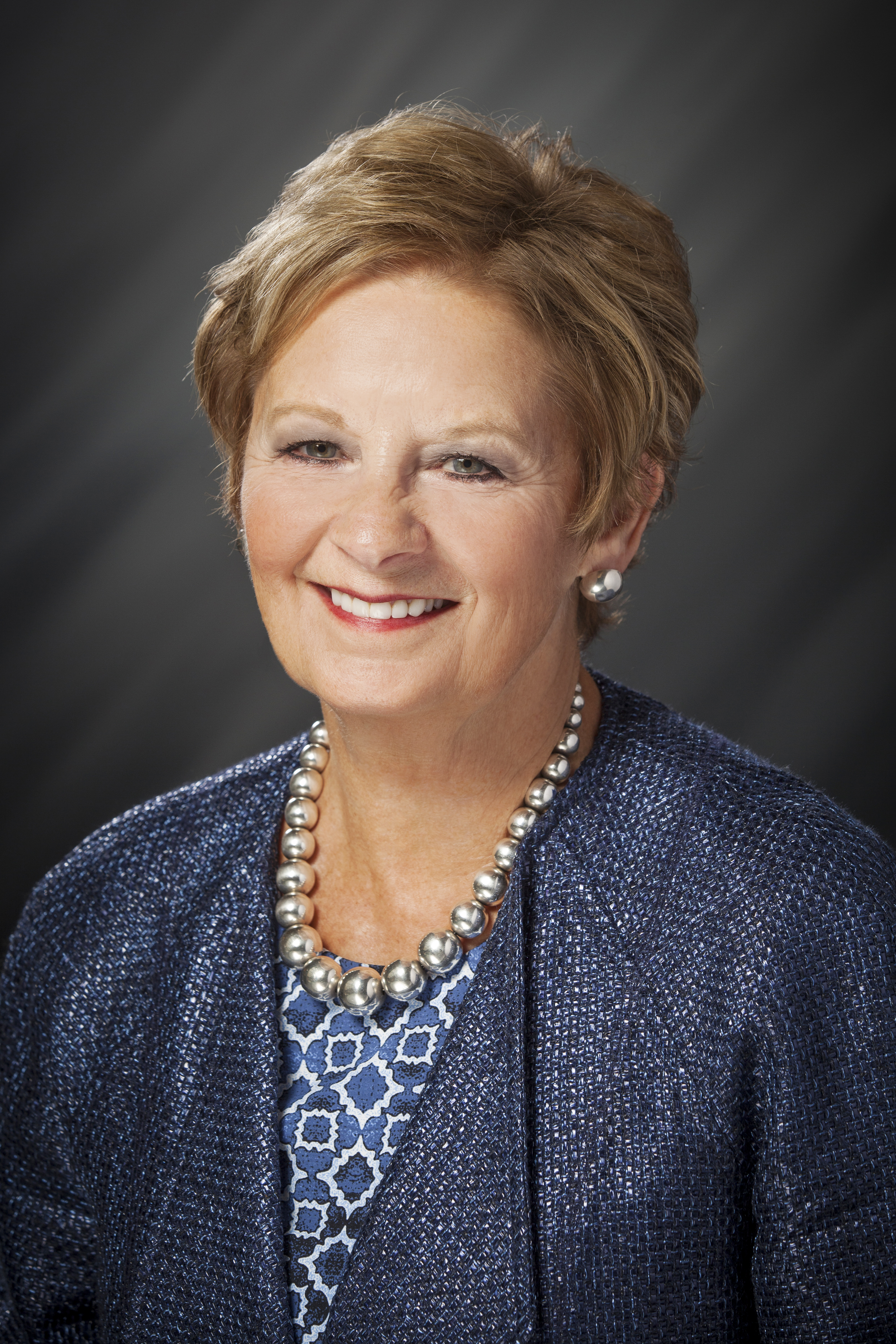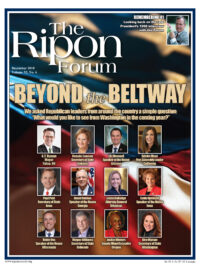
Since the 2016 election, Washington has felt a need to legislate election reform, and every agency and national policy organization has pushed their own reform agenda. What many have missed is the need to speak with election officials who actually run elections.
If you take a moment to speak with Secretaries of State across the county, you will find there is an overwhelming concern about public confidence, not that votes were changed in 2016. Election administrators understand the top threats are influence campaigns via social media and voter confidence. We need to change the narrative around election tampering so voters understand their vote is safe and secure. Secretaries of State and the local election officials who run elections are not naïve to the threats our elections face, but we want to ensure legislators, activists, and the public understand the top threats.
As Indiana’s Chief Elections Officer, I do believe it is time to modernize our elections. Many states, including Indiana, have already reformed our security practices. As we look to modernize as a nation, Washington needs to ensure the administration of elections stays under state and local control as required by the 10th amendment of the Constitution. The state and local elected officials who run elections are accountable to the voters. Shifting to a federal agency running elections or forcing a national system will put bureaucrats in charge and voters will lose their ability to affect change.
If you take a moment to speak with Secretaries of State across the county, you will find there is an overwhelming concern about public confidence, not that votes were changed in 2016.
In addition, a national election system would make us more vulnerable to foreign interference. Currently, each state has its own policies, procedures, and equipment. Navigating each state has proven difficult for even our own federal government, but I see it as a security measure. There is no one-size fits all way to hack a US election. We must recognize the value of diversity.
In New England, there are still towns that have an annual meeting to vote on the budget. In Oregon, there is no local interaction. They simply drop their ballots in the mail. Elections are adapted to political culture, history and tradition in each state. We must value this diversity and the procedures that work for each state. As we look forward, we should encourage and incentivize innovations that develop a true 21st century voting system.
In the 2000s, after the hanging chads in Florida, Congress felt a need to legislate. As a result, each state is now required to have a statewide voter registration system that tracks all of the registered voters in the state. These systems are online. In my state, it is the only statewide system that is online. While I believe it is valuable, it is the only system we have evidence of being targeted by foreign actors. Arizona and Illinois had their systems compromised in 2016, and the Department of Homeland Security has said others were targeted. This instance alone illustrates that diversity is key to security, but that doesn’t mean we can’t have national standards. We can use the post-2000 election legislation, known as the Help America Vote Act, as a model—if federal law requires it, let the state decide how to implement.
Academia’s call for mandatory audits is the perfect example. Academics believe all states should use risk-limiting audits, an audit based on hand counts of statistical samples of paper ballots. As we move towards risk-limiting measures, we need to let each state adapt their current audit process to include risk-limiting measures. Many states already have audit processes in place that could be adjusted. They don’t need a mandate to make changes.
In Indiana, we have piloted a new mathematical method developed by an MIT professor. This method worked well for my state but it may not in another. In addition, varying audit practices from state to state is a security measure. Diversity in our audit processes adds an additional challenge for tampering.
I am a firm believer in home rule and that elections must stay in local control. Congress can be helpful by providing states with the tools to protect elections and, just as importantly, funding those protections. I recognize that any time funding is provided there are strings attached. We need to ensure those strings don’t discourage diversity or hinder a state’s ability to run elections.
There has been talk of new national election standards for over two years now. If we want to see change before the next presidential election, it must happen soon. Election administrators are already planning for 2020.
Connie Lawson serves as Secretary of State of Indiana.




